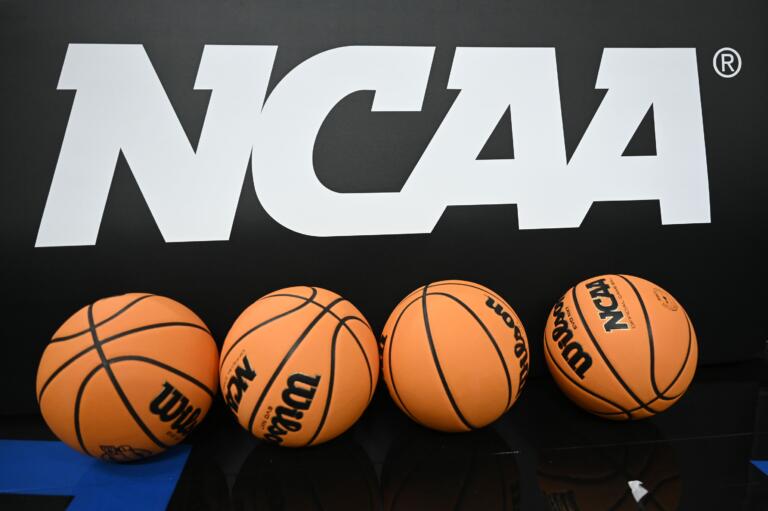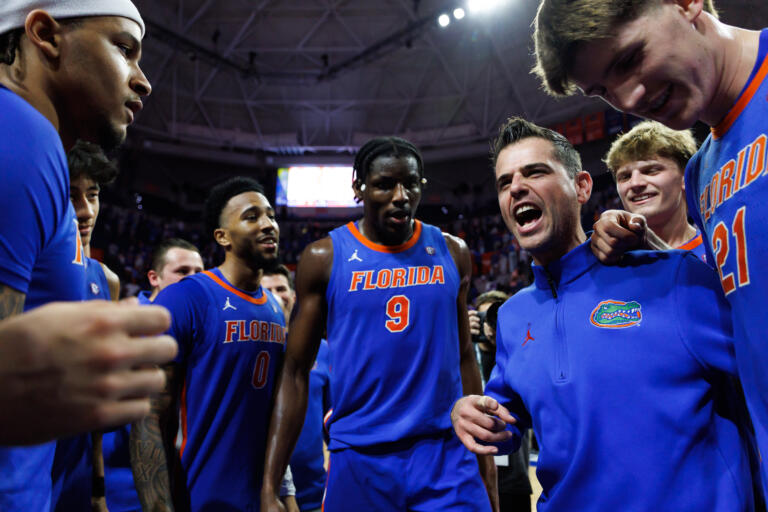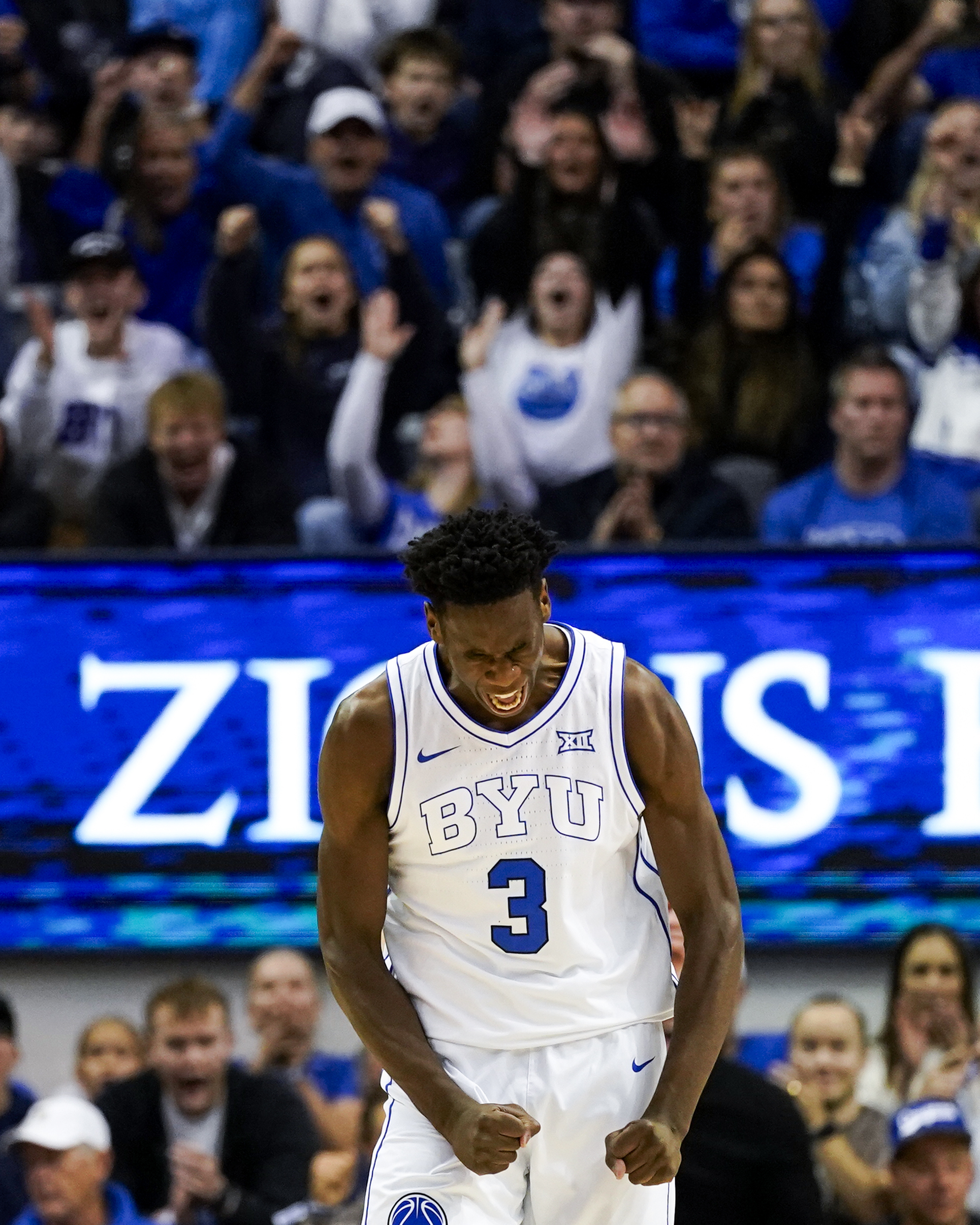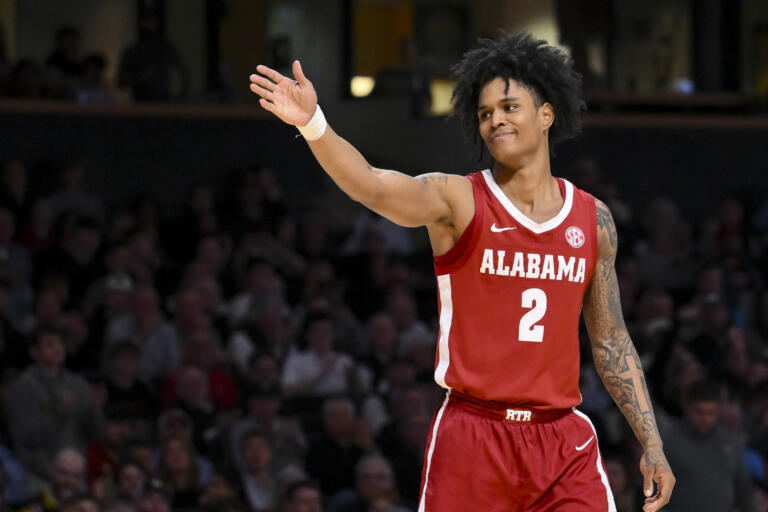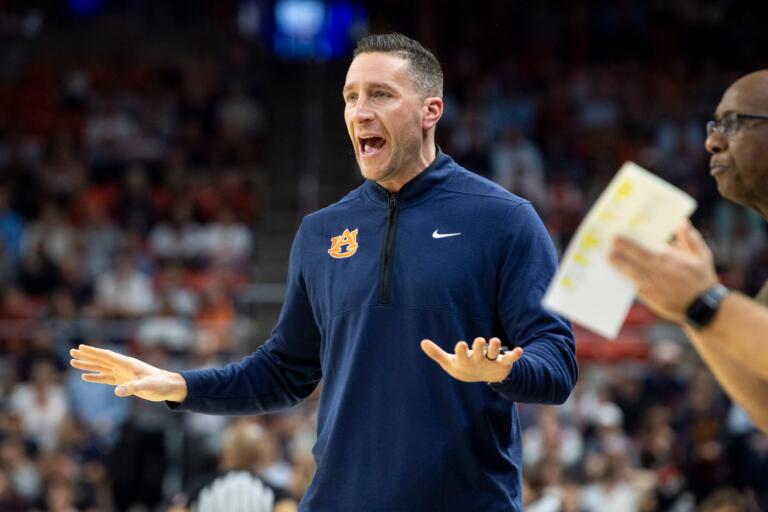Imagine diving into the heart of college athletics, where the sweat and grind go beyond the game, touching the very essence of labor and rights. The latest twist in this saga comes from Dartmouth College, where men’s basketball players are stepping off the court and into the spotlight of employment rights. The National Labor Relations Board’s regional director has made a groundbreaking decision: these athletes are to be treated as employees. This isn’t just a game changer; it’s a playbook rewrite for NCAA athletes across the nation.
Now, let’s break this down. Why are these athletes being seen as employees, you ask? It’s simple yet profound. The time and commitment required to play sports at this level far exceed what’s typically expected from extracurricular activities. It’s like comparing a friendly game of chess in the park to competing in a high-stakes tournament. Every move, every strategy requires dedication that mirrors a full-time job. This distinction led to the mandate for a future election, setting the stage for the possible formation of the first-ever labor union for NCAA athletes.
However, this decision echoes a familiar battle cry heard not too long ago. Back in 2015, Northwestern football players received a similar ruling, only for it to be reversed on a national level. This rollercoaster of legal decisions showcases the complex interplay between college athletics and labor laws, highlighting a nationwide debate on the status of student-athletes.
Furthermore, this landmark decision at Dartmouth College opens a new chapter in the ongoing dialogue about the rights of college athletes. It challenges us to reconsider the traditional views of amateurism in collegiate sports, urging a closer look at the responsibilities and benefits that come with being an athlete. This isn’t just about playing time or scholarships; it’s about recognizing the work and contribution of these young athletes beyond the field or court.
In addition, the potential unionization of NCAA athletes could reshape the landscape of college sports. By advocating for their rights as employees, athletes could have a say in matters like health care, compensation, and working conditions. This move towards unionization isn’t just a leap; it’s a quantum jump towards acknowledging the professional aspects of college athletics.
In conclusion, the decision to treat Dartmouth College men’s basketball players as employees and the push for unionization marks a pivotal moment in NCAA history. It’s a reflection of the evolving dynamics between athletics and academia, between play and work. As we ponder the implications of this decision, one can’t help but wonder: How will this reshape the future of college sports? Will this be the tipping point for athletes nationwide to be recognized not just for their skill and spirit but also for their labor and rights? The court, it seems, is now in our hands.



